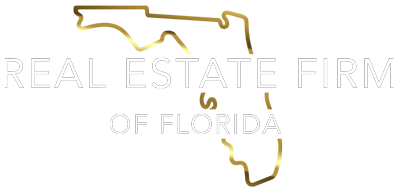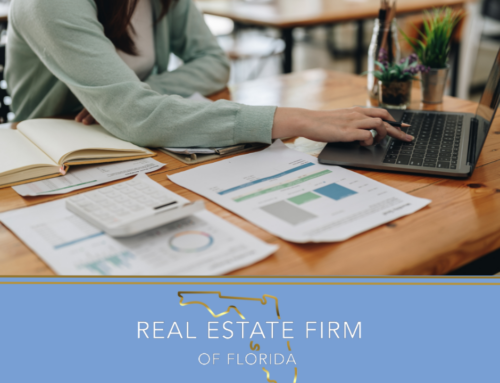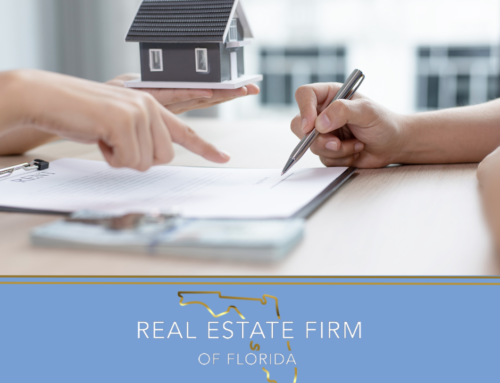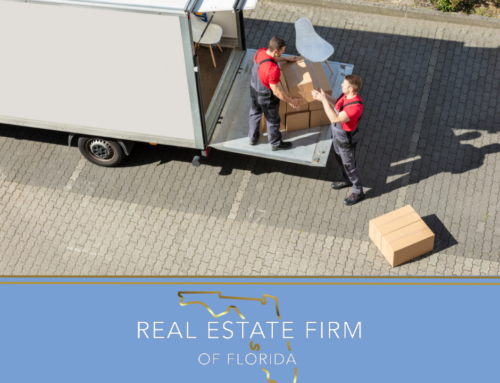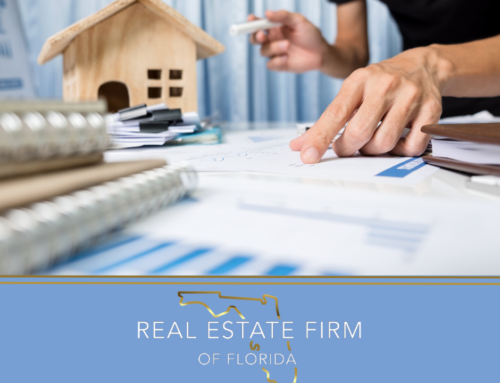Self-Employed? Here’s What You Need to Know to Get a Mortgage
It’s always been a little tougher for someone who’s self-employed to qualify for a mortgage, but there are new rules in place.
So what does this mean to you if you’re self-employed?
Self-Employed Borrowers: What You Need to Know
If you’re self-employed, you can’t use your gross income (what you make before taxes and deductions) to qualify for a loan Instead, you’ll need to qualify using your net income from IRS Schedule C: Profit or Loss From Business.
When you’re a sole proprietor, lenders will look at a 24-month average of your net income. That means unlike borrowers who work for someone else, you’ll need to show your profits for the past two years.
When you’re part of a corporation, partnership or LLC, you’ll have to file both the full business tax returns and your personal returns. Lenders also average income for 24 months if you’re part of one of these entities, but they do so with both the business and personal returns. If the most recent year is lower, they’ll average 12 months of the lower year.
Changes to the Rules for Self-Employed Borrowers
New self-employment income calculation guidelines from Fannie Mae affect people who own partnerships and S corporations. They’re a bit more strict; they require lenders to analyze income and debt trends of a company to determine whether it has sufficient assets.
In the end, though, your experience will vary by lender. It’s important that you talk to your Realtor® about your lending concerns; he or she may be able to recommend a mortgage company or broker who can help you get the best possible outcome.
Are You Looking for a New Home in Tampa Bay?
When you’re ready to start looking at homes for sale in Hillsborough County, Pasco County or Pinellas County, we’re here to help.
Call us at 727-584-8480 or 813-961-6000. If it’s easier, get in touch with us online. We’ll begin searching for your new home right away.
